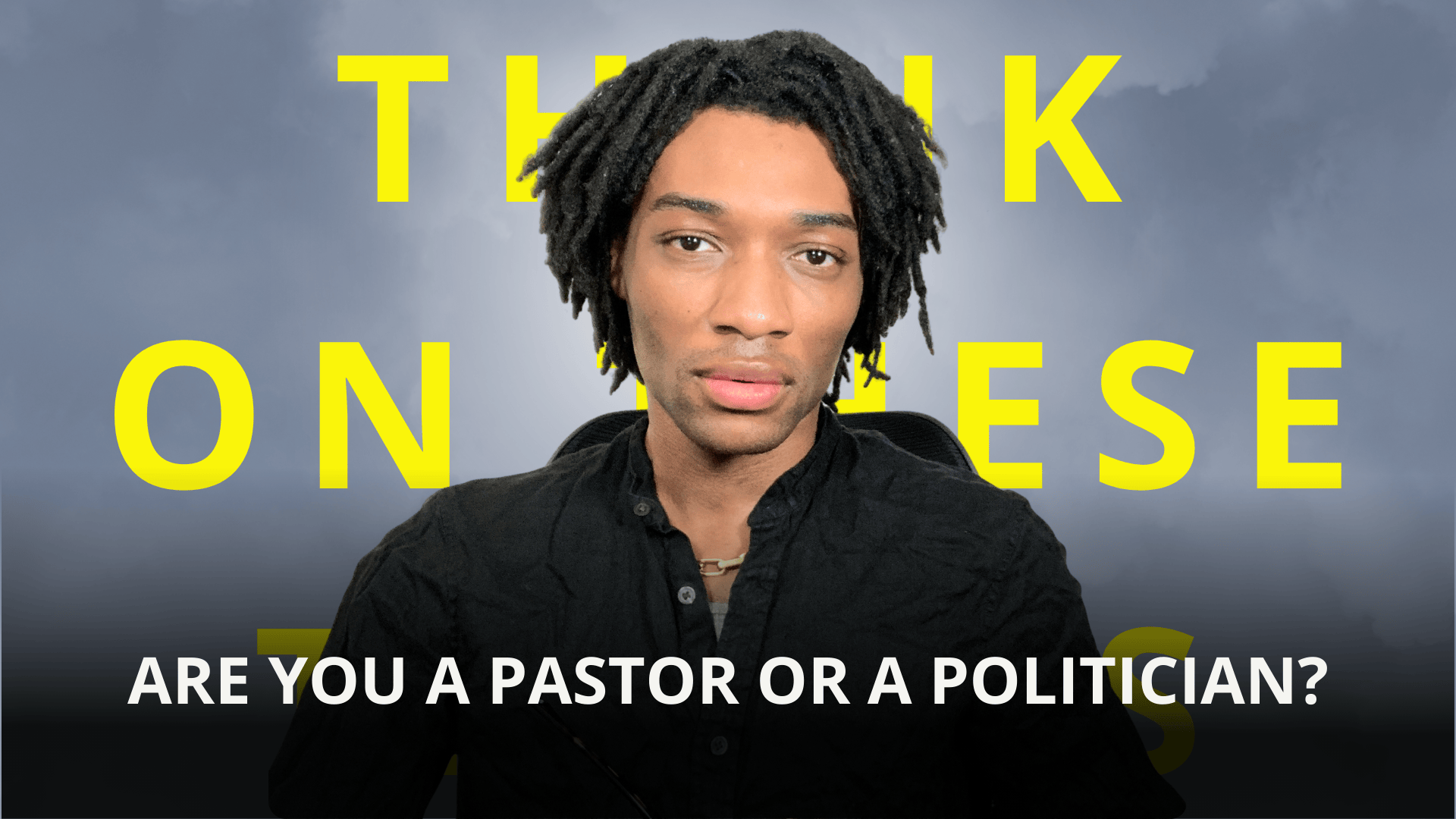Deconstructing "Because I Said So"
Why this simple phrase holds so much power, and how to use—and respond to it—with intelligence and integrity.
It is a phrase that echoes through the halls of memory for nearly everyone, a conversational full stop that is at once deeply familiar and profoundly frustrating. “Because I said so” is the quintessential parental directive, a linguistic tool that signals the end of debate and the demand for compliance. In its plainest sense, it is an argument from authority, but one uniquely potent for its context. It appears most commonly in hierarchical relationships—parent to child, teacher to student, manager to employee—and its primary function is to terminate questioning by leveraging the speaker's positional power over the listener's. Rhetorically, it’s a trump card; psychologically, it’s an assertion of dominance that bypasses logic and appeals directly to a pre-existing power structure. It is the verbal equivalent of a slammed door, a technique that is as efficient as it is controversial.
While no single philosopher or orator can be credited with its invention, the genesis of the parental directive is as old as hierarchical society itself. Its roots lie deep in historical and cultural structures that sanctified authority as absolute and unquestionable. Consider the Roman legal concept of pater familias, the “father of the family,” who held absolute, life-and-death authority over his entire household. In this context, a command required no justification beyond its source. Similarly, in monarchical and theological systems, the word of the king or a deity was final. The directive’s original purpose was not malicious but pragmatic: to ensure safety, maintain order, and transmit cultural norms with maximum efficiency in a world where lengthy, democratic explanations were deemed impractical or insubordinate. It was a tool for survival and social cohesion, reflecting a worldview where one’s role, not one’s reasoning, dictated the right to command.
Over centuries, the technique’s form has remained remarkably stable, but its perception has undergone a dramatic evolution. Its staying power is owed to its sheer effectiveness in moments of conflict or danger. Yet, the forces that have chipped away at its legitimacy are hallmarks of the modern era. The Enlightenment championed reason over blind faith, and these ideals slowly trickled from public governance into the private sphere of the family. The rise of child psychology in the 20th century, led by figures like Dr. Benjamin Spock, further shifted the paradigm. Parents were encouraged to see children not as subjects to be ruled, but as developing individuals whose curiosity should be nurtured, not stifled. This intellectual shift positioned "Because I said so" not as a sign of a well-ordered household, but as a potential sign of parental frustration, a lack of patience, or even a failure to communicate effectively.
This evolution has produced notable variations. In more collectivist or traditionally hierarchical cultures, such directives may still carry significant weight and be accepted as a normal part of communication. In contrast, in more individualistic and egalitarian societies, they are often met with immediate resistance. The phrase itself has corporate and political siblings: the manager who declares, “We’re doing it this way because I’m the boss,” or the government official who dismisses inquiry by stating information is “classified” or that the public should simply “trust the experts.” In each case, the underlying mechanism is identical: authority is used as a substitute for evidence. The function shifts from ensuring a child doesn’t touch a hot stove to enforcing a business strategy or quelling political dissent.
In the modern landscape, the parental directive is a complicated and often maligned tool. It appears in media, frequently as a comedic trope highlighting a flustered parent at their wit's end. In dramatic works, it can be a harbinger of a dysfunctional or abusive power dynamic. Its true power, and its potential for manipulation, lies in this ability to short-circuit critical thinking. When a leader uses their position to assert a truth without justification—invoking national security or corporate confidentiality—they are employing a sophisticated version of "Because I said so." They are asking for obedience based on their role, not the validity of their argument. The controversy surrounding the technique hinges on this tension between authority and autonomy. While a parent shouting “Get back here, now!” to a child running toward a busy street is using the directive justifiably to prevent harm, its chronic use in low-stakes situations can breed resentment, damage trust, and teach a child that power, not reason, is what matters most.
Understanding this technique is the first step toward mastering our own communication and critically evaluating the messages we receive. It is a tool of immense power, and like any such tool, it demands careful handling.
For those in positions of authority—as parents, leaders, or mentors—it is best to view this directive as a conversational emergency brake. Its use should be rare, reserved for moments where safety is paramount or time is critical. When you are forced to use it, recognize that you are making a withdrawal from your relational trust fund. The most effective leaders and parents follow up later, once emotions have cooled, with the explanation they couldn't provide in the moment: “I told you to stop because I was afraid you would get hurt. Here is why…” This act restores trust and validates the other person's desire for understanding.
Conversely, when you find yourself on the receiving end of such a directive, take a moment to assess the situation with clarity. Ask yourself: Is this an urgent command designed for my safety? Or is this an attempt to shut down my curiosity, avoid a difficult conversation, or assert dominance? Recognizing the speaker’s motive allows you to respond with intelligence and integrity. You may choose to comply for the sake of safety or relationship harmony, or you may decide to respectfully revisit the conversation later, seeking the reasoning you were initially denied. By deconstructing this simple phrase, we arm ourselves with a deeper awareness, transforming a potential moment of conflict into an opportunity for greater understanding and more intentional communication.
Keep Going!
Check out these related posts









